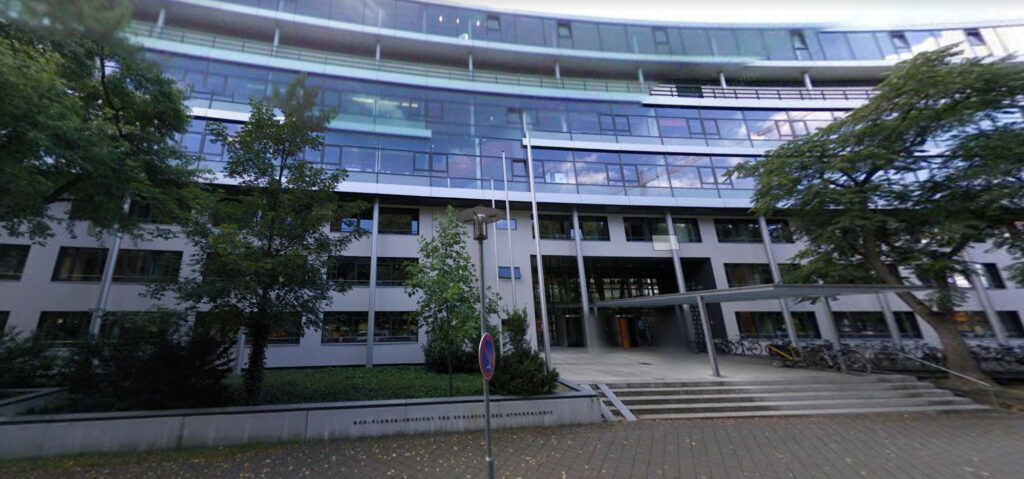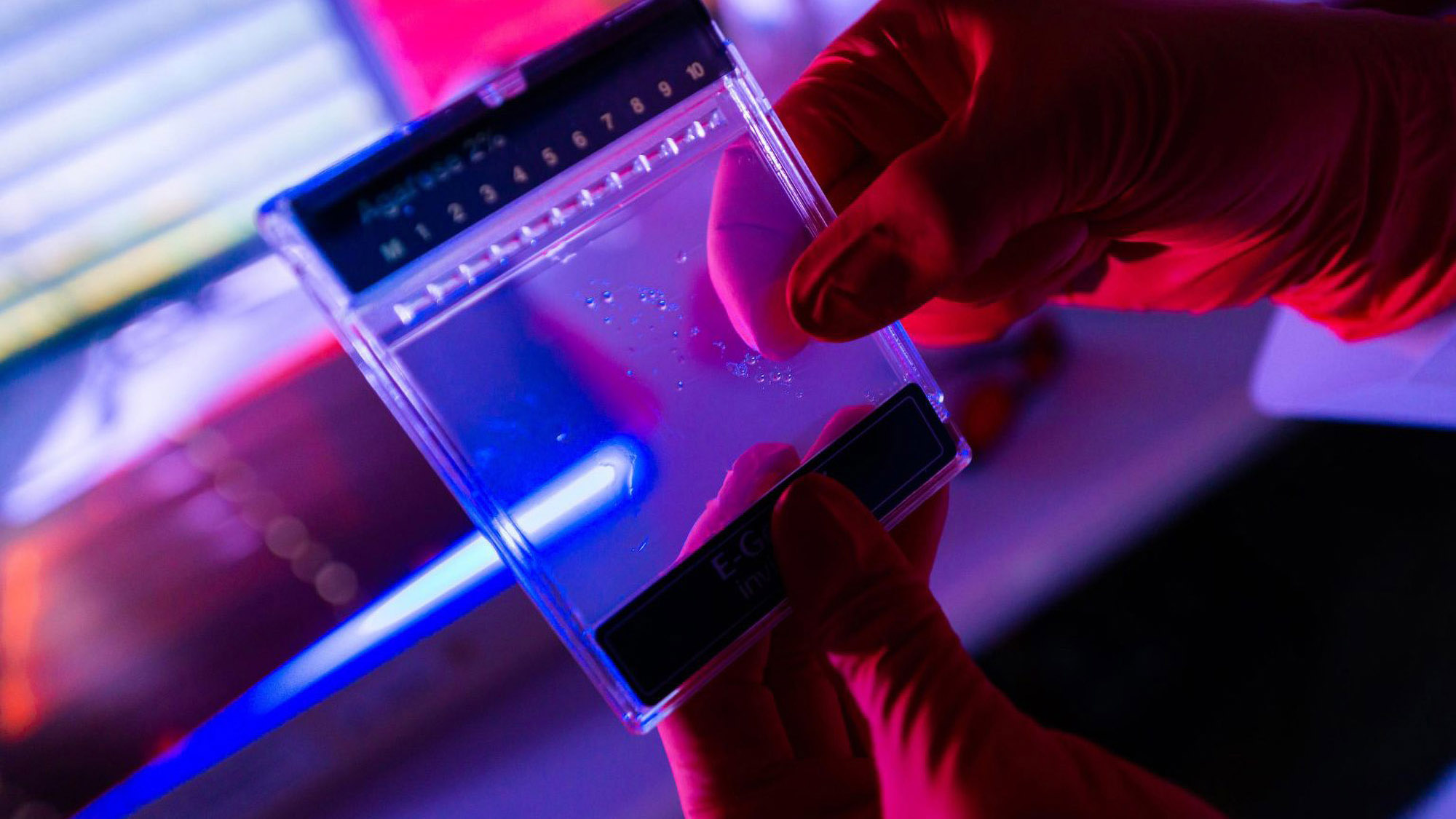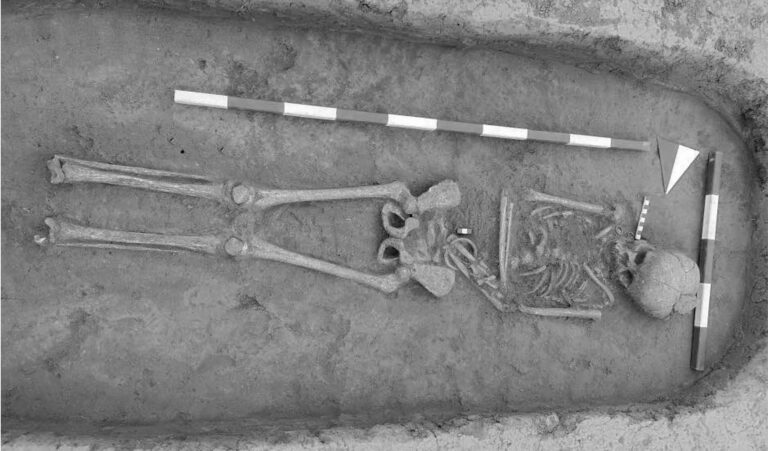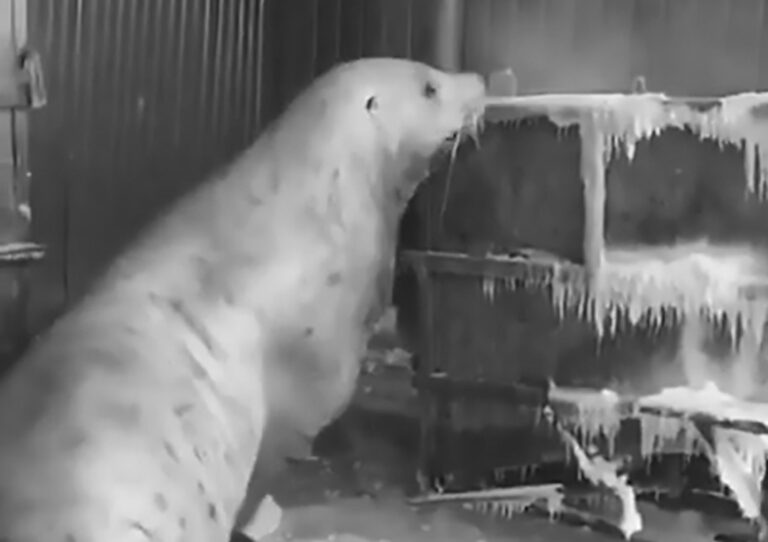A piece of DNA that many humans have inherited from the Neanderthals makes it more likely to get a serious bout of COVID-19 but 27 percent less likely to get HIV, scientists say.
The study was conducted by Hugo Zeberg, age not reported, of the Karolinska Institute in Stockholm, Sweden, which is a medical university, after he and Swedish geneticist Svante Paabo, 66, first demonstrated in autumn 2020 that many humans inherited a major risk factor for contracting severe COVID-19 from Neanderthals.
The two researchers studied this variant of ancient human DNA in spring 2021 and noted that its frequency had increased significantly since the last ice age. And now, Zeberg has authored a study assessing how this chunk of DNA fits in with human exposure to other infectious diseases, the Max Planck Institute said in a statement obtained by Newsflash.
Zeberg, who is also a member of the Max Planck Institute for Evolutionary Anthropology in Leipzig, Germany, said: “This major genetic risk factor for COVID-19 is so common that I started wondering whether it might actually be good for something, such as providing protection against another infectious disease.”
The genetic risk factor in question is located in an area on the third chromosome that is made up of numerous genes. There are reportedly several genes in its vicinity that play a significant role in encoding receptors in the human immune system.
One of these receptors, called CCR5, as used by the HIV virus to infect white blood cells.

(Google Maps/Newsflash)
Zeberg said that he had discovered that people who carry the risk factor for COVID-19 had a lower risk of becoming infected with HIV.
The study was conducted by analysing patient data from three major databases, FinnGen, UK Biobank and Michigan Genomic Initiative.
The FinnGen project began in 2017 with the goal of collecting samples from 500,000 people in Finland over a six-year period in a bid to improve health thanks to genetic research. The UK Biobank is a large, long-term United Kingdom study that began in 2006 and which is looking into the contributions of genetic predispositions and environmental exposures to the development of diseases.
And the Michigan Genomic Initiative “is a collaborative research effort among physicians, researchers, and patients at the University of Michigan (U-M) with the goal of combining patient electronic health record (EHR) data with corresponding genetic data to gain novel biomedical insights”, according to the University of Michigan’s website.
Zeberg’s study showed that people who were more likely to get a serious COVID-19 infection due to them carrying the risk factor in their genetic makeup were also 27 percent less likely to contract HIV as a result.
But given that HIV only emerged during the 20th century, the level of protection against this infectious disease that is naturally present in modern human DNA does not explain why the genetic risk variant for COVID-19 became so common among humans as early as 10,000 years ago.
Zeberg said: “Now we know that this risk variant for COVID-19 provides protection against HIV. But it was probably protection against yet another disease that increased its frequency after the last ice age.”
Zeberg’s new study was published in the Proceedings of the National Academy of Sciences yesterday, on Monday, 21 February 2022. It was reportedly funded by the Jeansson Foundations, the Magnus Bergvall Foundation, and the Swedish Research Council.
To find out more about the author, editor or agency that supplied this story – please click below.
Story By: Joseph Golder, Sub-Editor: William McGee, Agency: Newsflash
The Ananova page is created by and dedicated to professional, independent freelance journalists. It is a place for us to showcase our work. When our news is sold to our media partners, we will include the link here.




